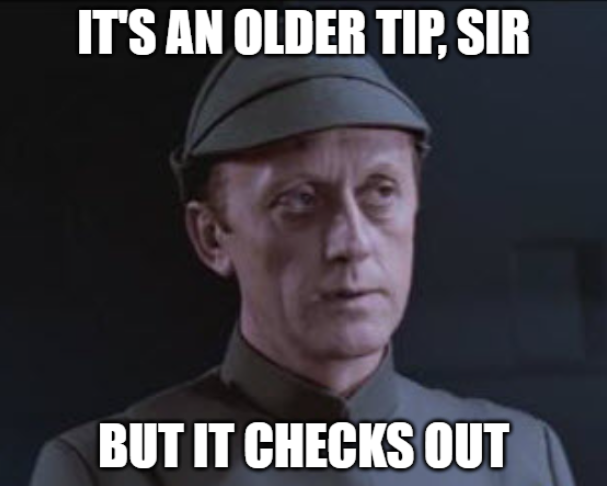In a first draft, we often write things as they occur to us. Maybe some dialogue first, an occasional gesture or action by one of the characters, throw in an emotion or two. The result might be something like this (for the purpose of illustration, I have hacked this passage from Leviathan by Scott Westerfeld):
"How long can we last without parts, Klopp?" Alek asked.
"Until someone lands a shell on us, young master."
"Until something breaks, you mean," Volger said.
Klopp shrugged. "A Cyklop Stormwalker is meant to be part of an army. We have no supply train, no tankers, no repair team."
Alek shifted the cans of kerosene in his grip. He felt like some vagabond carrying everything he owned.
A functional scene, but confusing for anyone other than the author. The reader only knows what you tell them, and the lines above don't say much by themselves.
Grounding a scene means imagining that you are painting a picture in the reader's head (because you basically are). Without any additional context, the reader has nothing in their mind, a white space with only the characters and objects you place in it as you name them.
By the end of the first line above, the reader knows there are two characters: Klopp and Alek. They might know something about these characters from previous scenes, but they don't know where the characters are or what they're doing now. All they have to imagine are two characters they know standing in empty space.
Alek, Klopp, and Volger trudged along the streambed, the kerosene sloshing with every step, its fumes burning Alek's lungs. With each of them carrying two heavy cans, the trip back to the Stormwalker already seemed much farther than the walk to town this morning.
And yet, thanks to Alek, they'd left behind most of what they needed.
Alek, Klopp, and Volger trudged along the streambed, the kerosene sloshing with every step, its fumes burning Alek's lungs. With each of them carrying two heavy cans, the trip back to the Stormwalker already seemed much farther than the walk to town this morning.And yet, thanks to Alek, they'd left behind most of what they needed."How long can we last without parts, Klopp?" he asked.
"Until someone lands a shell on us, young master."
"Until something breaks, you mean," Volger said.
Klopp shrugged. "A Cyklop Stormwalker is meant to be part of an army. We have no supply train, no tankers, no repair team."
"Horses would have been better," Volger muttered.
Alek shifted the burden in his grip, the smell of kerosene mixing with the smoked sausages that hung around his neck. His pockets were stuffed with newspapers and fresh fruit. He felt like some vagabond carrying everything he owned.
"Master Klopp?" he said. "While the walker's still in fighting prime, why don't we take what we need?"








